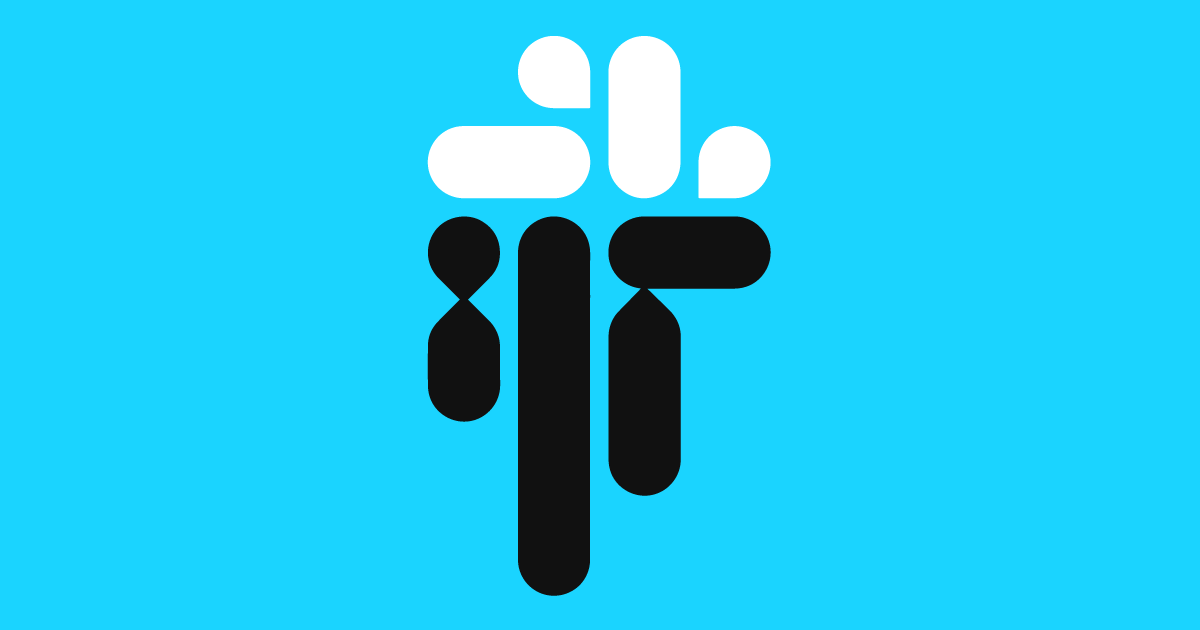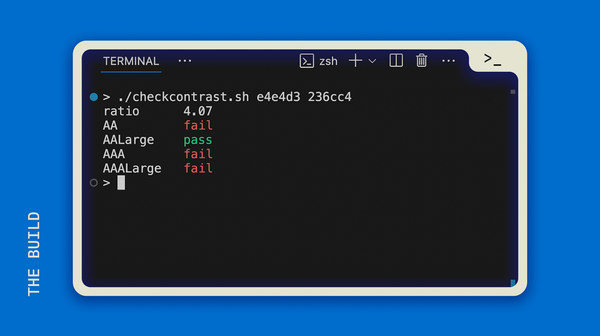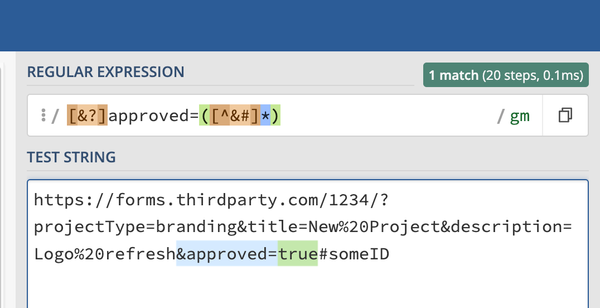Should I Be A Slacker?

You hear the telltale sound of a Slack notification, and your eyes seem to take on a life of their own; drawn to the app to see the message that has been sent. It might not even be pertinent to your job or processes, but we love to hear that notification—it triggers the reward systems in our brains. So it’s hard to help wanting to take a look—to see what was said, to see if we need to respond.
But each time we are interrupted at work, regardless of what type of interruption it is, there is a cost. Studies like, “The Cost of Interrupted Work: More Speed and Stress,” have been done to determine what the actual disruption cost is for things like messaging apps with their potential for almost constant notifications.
The findings of their study were very interesting. Often we would think the disruptions would lead to the slowing down of response or completion time for whatever we were working on before we were interrupted. Surprisingly, that wasn’t the case. In fact, the job or work was completed more quickly after an interruption. However, the mental workload, stress, and feelings or pressure were significantly higher. So while we may not be losing time with each interruption, the feelings of stress and pressure and the increased mental workload have a negative impact on most employees in a workplace and can greatly decrease job satisfaction.
Now that we’ve all been convinced we should remove all messaging apps, hunker down in our basements and only emerge occasionally for food, are there any benefits to using a messaging app like Slack?
If one of the main potential detriments to Slack is the constant interruption, are there options for managing notifications? The good news?! Slack has options for minimizing or reducing notifications based on preferences. Want to set quiet hours? Done. Want to schedule specific meeting or notification times? Done! Want to specify keywords in messages so you don’t miss a message that is important or applicable to you? Done!
There are a plethora of customizable options to control notifications and distractions, which can make a big difference in maintaining focus and productivity while also keeping in touch with those things you need.
Another great benefit of Slack is it allows all of a team or company’s communications to happen in one place. This helps enable teams and companies to not miss crucial information or important details to get lost in the shuffle. Or to slow down the response time to critical issues.
And while the potential benefits aren’t limited to three, the last we will mention is the integration with a large number of apps that many companies are already using! Google apps, Zendesk, Cisco Webex Meetings, Adobe Creative Cloud, Dropbox, and that is just a small snippet of the many apps available for integration.
So the bottom line? No need to hide in our basements! Without some personal tweaking, Slack could lead to regular interruptions, which leads to increased stress, frustration, mental workload, and feelings of pressure. However, with customizing the notifications preferences to ensure you are notified of those things that matter to you and set aside time to not be disturbed, Slack has some great potential to increase productivity and allow you to do more in one app!





